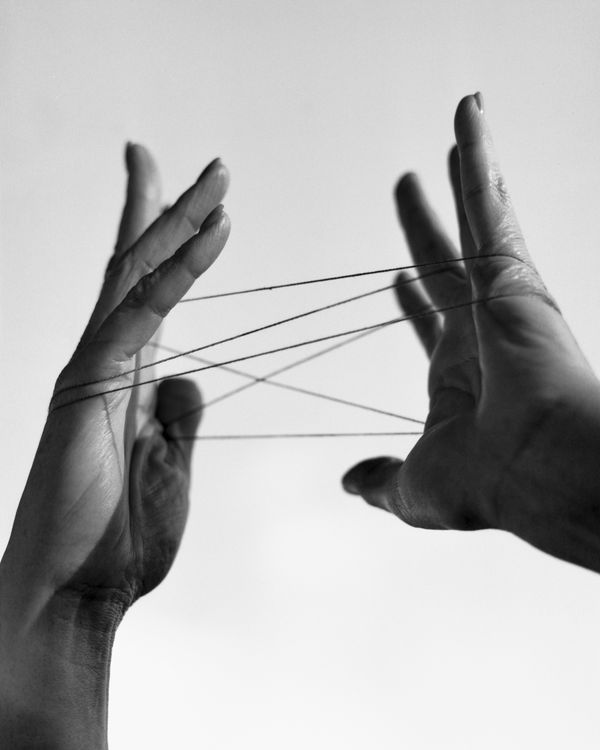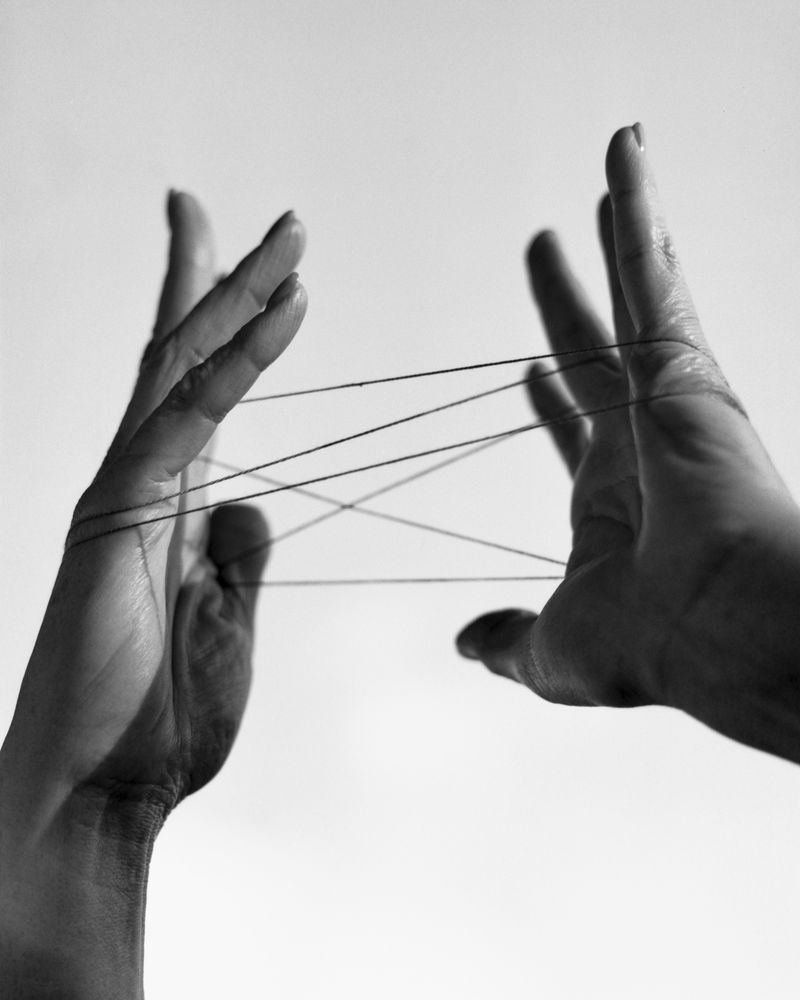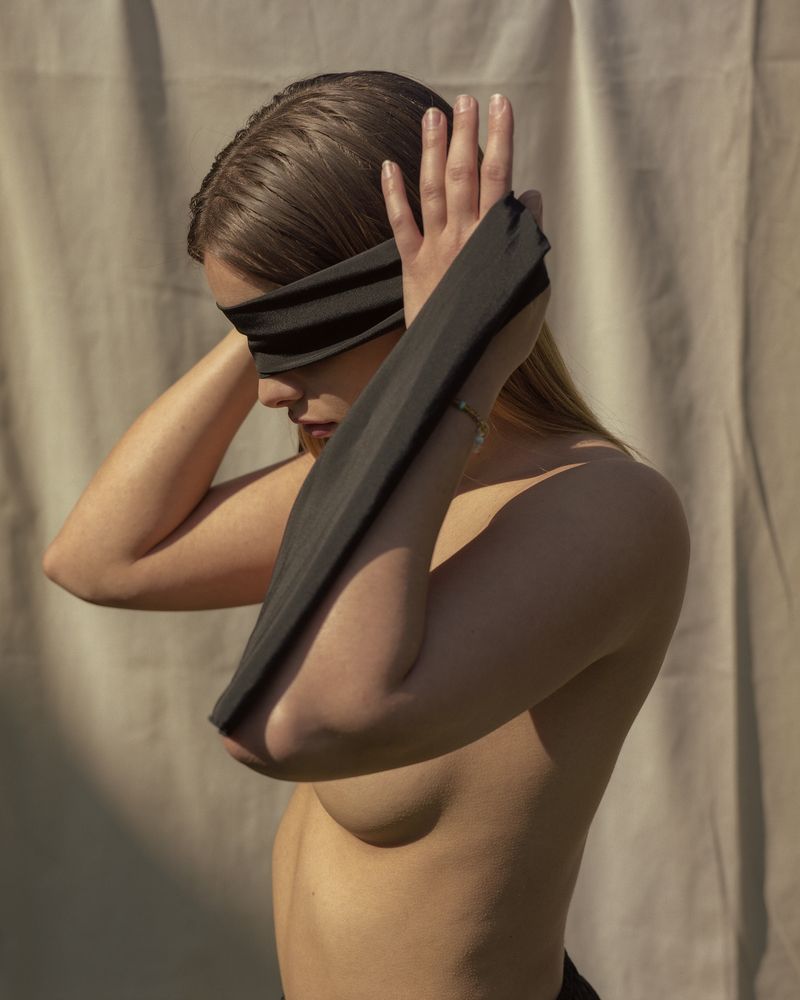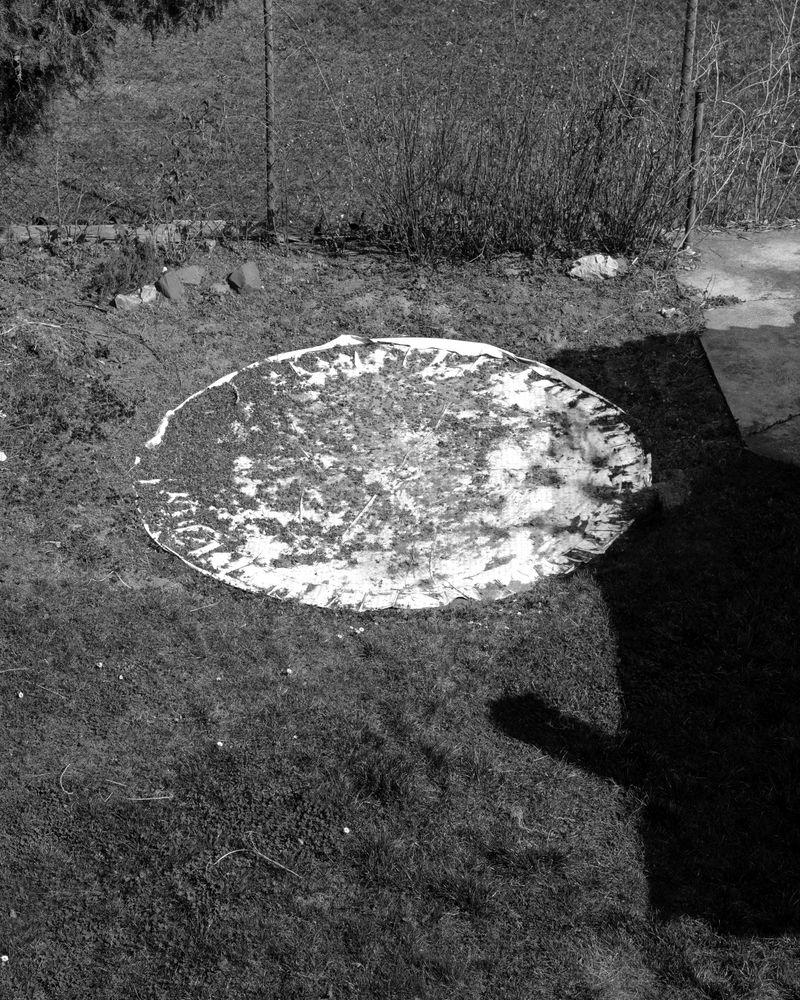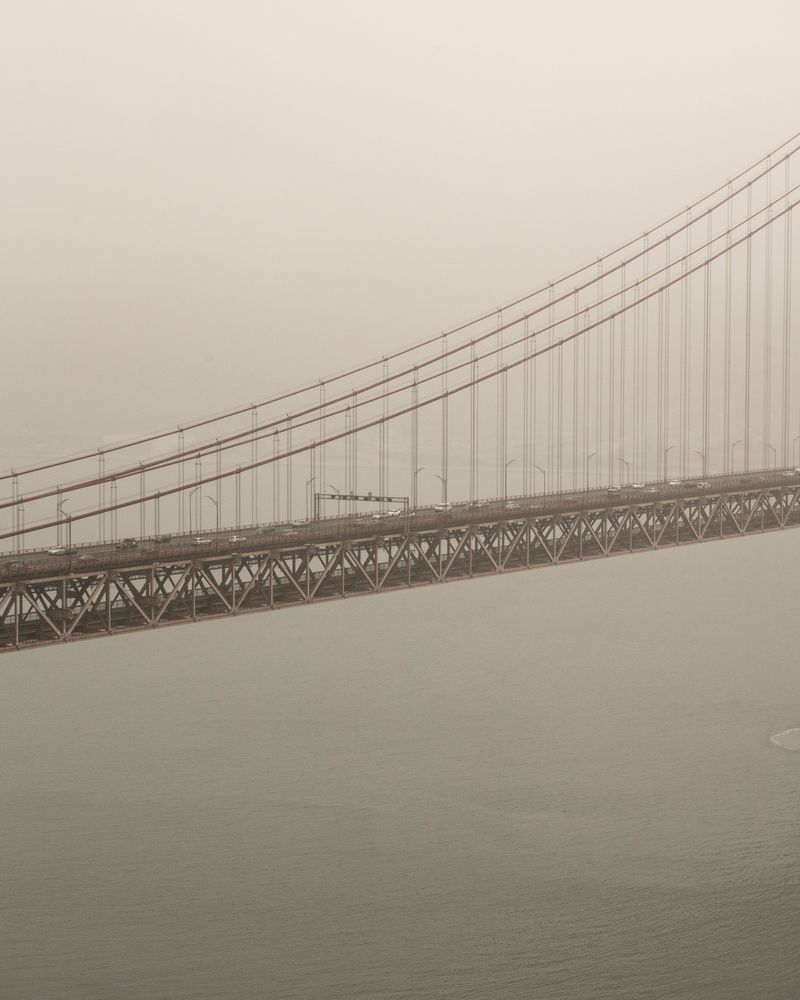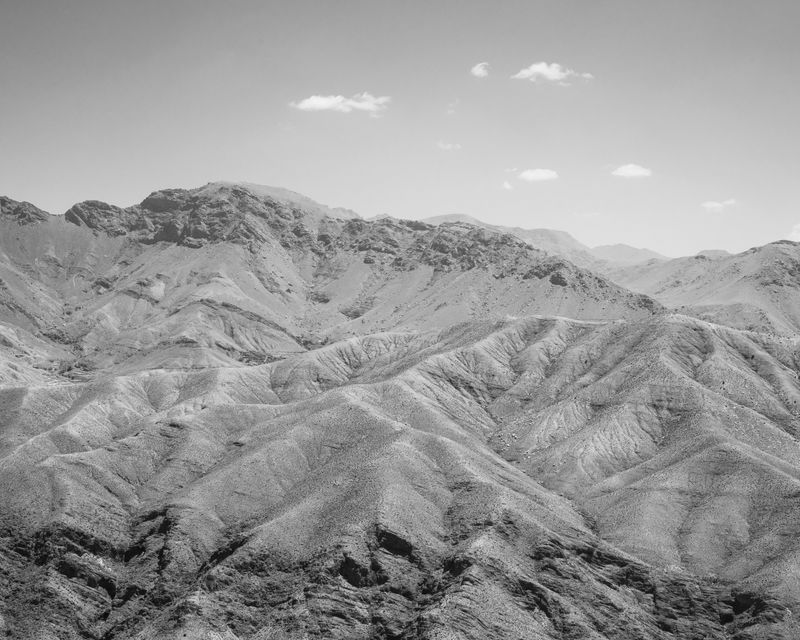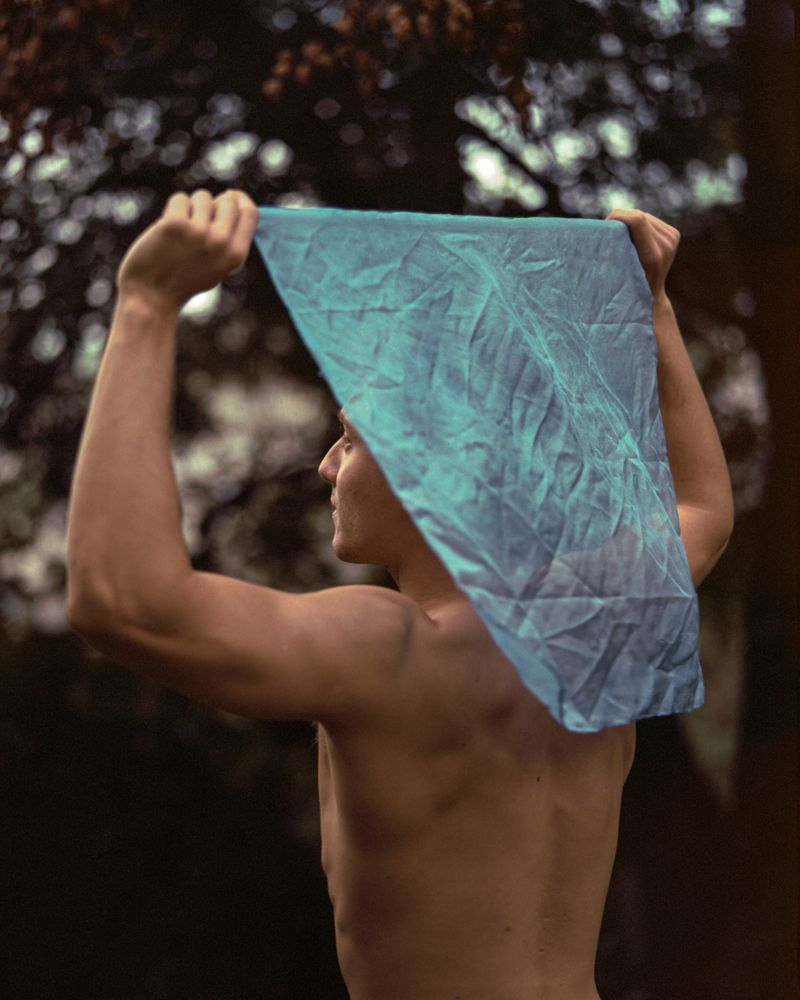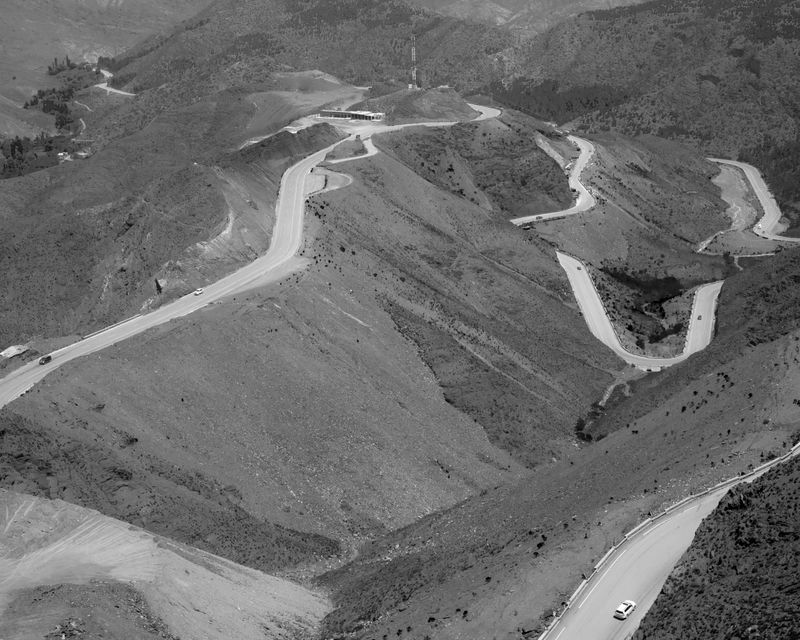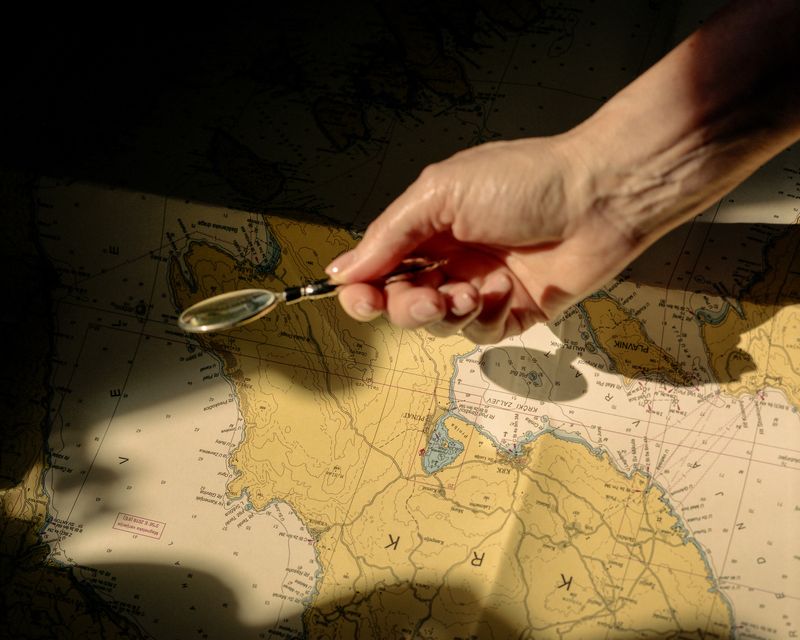Seeing Through Smoke and Mirrors
-
Dates2020 - 2021
-
Author
- Locations Portugal, Hungary, Morocco
In the past few years, the nature of truth evolved into chaos.
The idea of post-truth, alternative facts and fake news all rely on the concept of questioning the ultimate existence of objective truth, and these phrases quickly grow into a part of our everyday life.
One of informational society’s paradoxes is that it excessively provides equality and freedom of knowledge, but its saturation also unnerves us. Somehow, there seems to be an inevitable proportionality between the data-processing ability and the insecurity of humans. And our insecurity comes from our heavily politicised informational disarray based on privileges.
There is a definite process in which factuality loses its power. Meanwhile, personal and emotionally driven theories underpin the relevance of subjectivism. The following phenomenon creates social anomalies while the era of post-truth forces the individuals into an unstable mindset.
Therefore, a certain tendency unfolds where politicians and public figures try to manipulate people using an articulation which is tempting and more engaging than reality.
In my current project, I examine the relative manner of truth in our contemporary social environment. I illustrate the nihilistic situation of living in a world surrounded by the idea of post-truth in a metaphoric narrative. Besides, I also draw a parallel between such problematic concepts like the representational aim of photography and the objectivity of truth.
I urge the viewers to seek for answers to understand my initial criticism about these social procedures and let their mind speak about the conclusions of my project. Similarly to wondering whether a statement is true or false.
The title ‘Seeing Through Smoke and Mirrors’ refers to a mirage. The origin of the phrase ‘smoke and mirrors’ goes back to the 19th century as these two elements were the basis of the classical and widely admired techniques in magical illusion and phantasmagoria shows.
For me, this term also implies a condition in which a more speculative and conspirative cognition challenges the rationalised knowledge of the Western culture.

